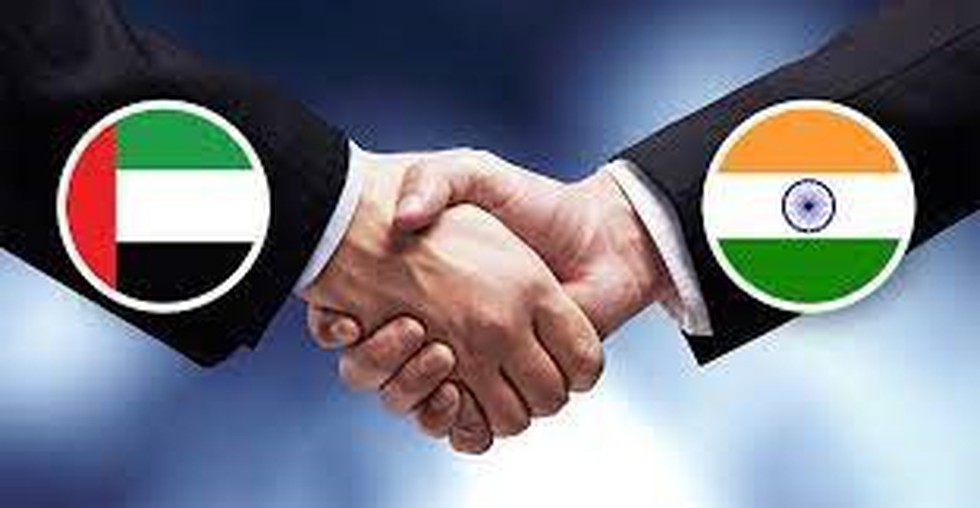
About Comprehensive Economic Partnership Agreement (CEPA):
- It is a type of free trade pact that covers negotiation on the trade in services and investment, and other areas of economic partnership.
- CEPA also looks into the regulatory aspect of trade and encompasses an agreement covering the regulatory issues.
What are the types of Trade Agreements?
- Free Trade Agreement: It is an agreement in which two or more countries agree to provide preferential trade terms, tariff concession etc. to the partner country. Here a negative list of products and services is maintained on which the terms of FTA are not applicable.
- Preferential Trade Agreement: In this, two or more partners give preferential right of entry to certain products. This is done by reducing duties on an agreed number of tariff lines. India signed a PTA with Afghanistan.
- Comprehensive Economic Partnership Agreement: It is more comprehensive than an FTA. CECA/CEPA also looks into the regulatory aspect of trade.
- Comprehensive Economic Cooperation Agreement: CECA generally covers negotiation on trade tariffs and TQR rates only. It is not as comprehensive as CEPA. India has signed CECA with Malaysia.
- Framework agreement: It primarily defines the scope and provisions of the orientation of the potential agreement between the trading partners. It provides for some new areas of discussion and set the period for future liberalisation. India has previously signed framework agreements with the ASEAN, Japan etc.

About Seekho Aur Kamao scheme:
- Seekho Aur Kamao is a skill development scheme for the youth of the 14 - 35 years age group.
- It aims at providing employment and employment opportunities, improving the employability of existing workers, school dropouts etc.
- The scheme ensures 75% placement, out of which 50% should be in the organized sector.
- As per scheme guidelines, the implementing organizations will be required to establish linkages with placement services.
- For the candidates interested in self-employment after availing the training, the organization shall arrange easy microfinance/ loans for them through financial institutions, National Minority Development Finance Corporation (NMDFC), banks etc.
- Post-placement support of Rs. 2000/- per month is provided to placed trainees for two months as placement assistance.

About PENCIL Portal:
- Full Name: Platform for Effective Enforcement for No Child Labour (PENCIL).
- Objective: It is a separate online portal to ensure effective enforcement of the provisions of the Child Labour Act and smooth implementation of the National Child Labour Project (NCLP) Scheme.
- What are the Components? The PENCIL Portal has various components, namely Child Tracking System, Complaint Corner, State Government, National Child Labour Project and Convergence.
- Features of the portal
- The Portal connects Central Government to State Government(s), District(s), all Project Societies and the General public.
- Further, online complaints regarding child labour can also be filed by anybody on the Pencil Portal. The complaint gets assigned to the concerned Nodal Officer automatically by the system for further necessary action.
What is the National Child Labour Project (NCLP)?
- The National Child Labour Project (NCLP) is a Central Sector Scheme for the rehabilitation of child labour.
- Under this Scheme, funds are provided directly to the District Project Societies headed by the District Magistrate/Collector/Deputy Commissioner who in turn allocates the funds to NGOs/Voluntary Agencies, etc. for running Special Training Centres.
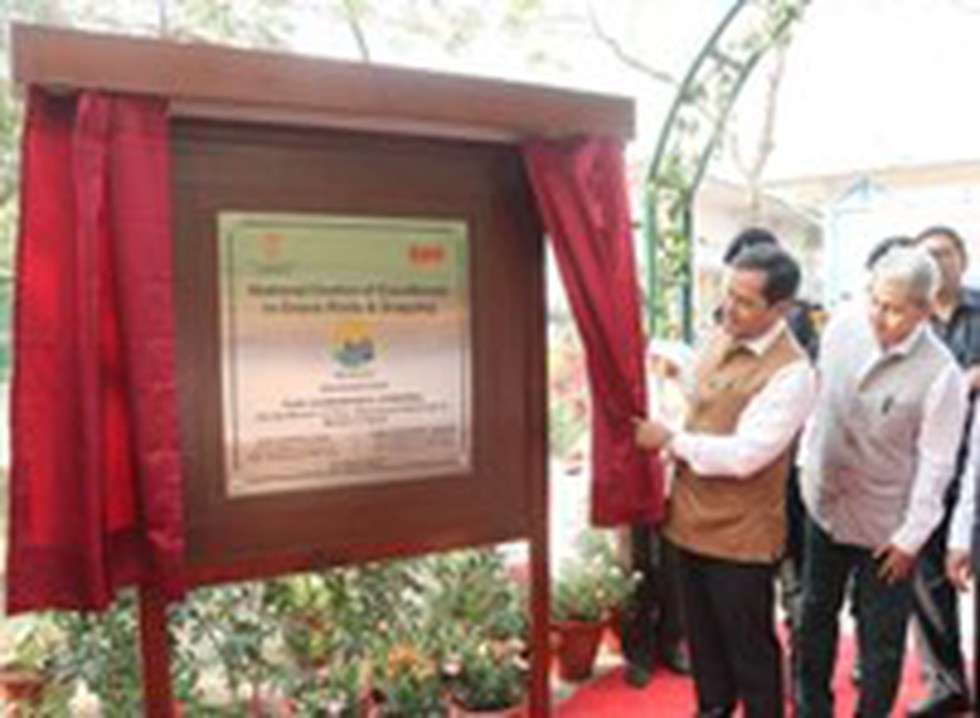
About Green Tug Transition Programme:
- India’s first National Centre of Excellence in Green Port & Shipping (NCoEGPS) was inaugurated in Gurugram, Haryana.
- In the event ‘Green Tugs Transition Programme (GTTP)’ was launched for operating green tugs in all major ports by 2025.
- Nodal Entity: NCoEGPS will act as the nodal entity for this programme.
- India aims at becoming a ‘Global Hub for Green Ship’ building by 2030 with the launch of the Green Tug Transition Programme (GTTP).
- ‘Green Hybrid Tugs’ will be powered by Green Hybrid Propulsion systems. These Green hybrid tugs will subsequently adopt non-fossil fuel solutions like (Methanol, Ammonia, and Hydrogen).
- At least, 50% of all the Tugs are likely to be converted into Green Tugs by 2030.
What are Tugs?
- A tug boat or tugs are marine vessels that manoeuvre ships by pushing or pulling them, mostly using tow lines. They tug ships in circumstances where the ships cannot or do not move using their power like in narrow harbours, canals, etc.
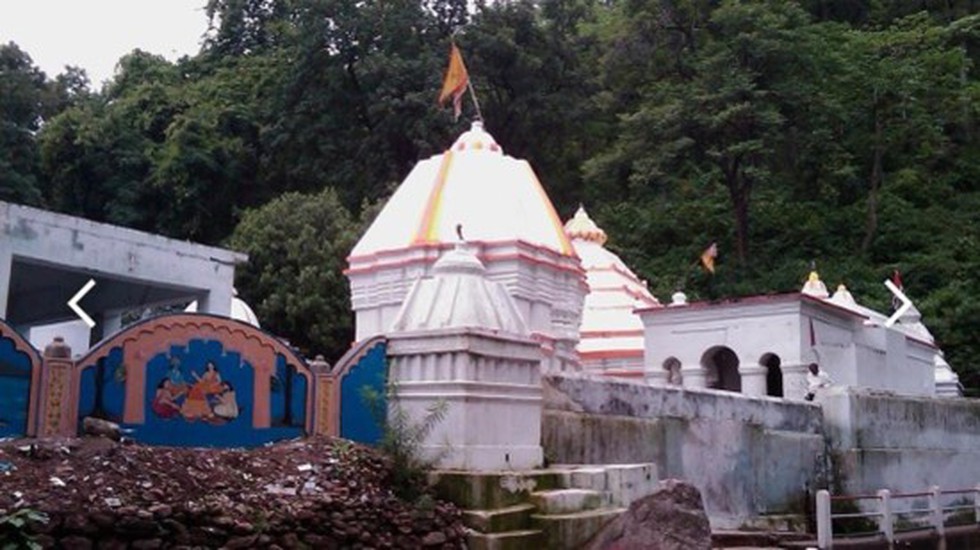
About Gandhamardan Hill:
- The Gandhamardan hill (Gandhamardan Reserve Forest) spreads in Bargarh and Balangir districts in Odisha.
- This ecologically fragile ecosystem is rich in floral and faunal diversity and is protected under the Odisha Biodiversity Rules - 2012.
- What is the Significance?The hill range has a diverse socio-economic, ecological and biological significance for the people of Odisha.
- This hill consists of medicinal plants, the hill system is considered the 'Ayurvedic paradise' of Odisha.
- The hills have 2 historical monuments (hill shrines) which are major pilgrimage sites of Odisha.
- Nrusinghanath temple is located on the northern slope.
- Harishankar temple on the southern side.
- In his chronicles, Hiuen Tsangdescribed the hill shrine as a Buddhist heritage site named
What are Biodiversity heritage sites?
- These are well-defined areas that are unique, ecologically fragile ecosystems with a high diversity of wild and domesticated species, the presence of rare and threatened species, and keystone species.
- Legal Provision: As per provision under Section 37(1) of ‘The Biological Diversity Act, 2002’, The State Government may, from time to time in consultation with the local bodies, notify the Official Gazette, of areas of biodiversity importance as under this Act.
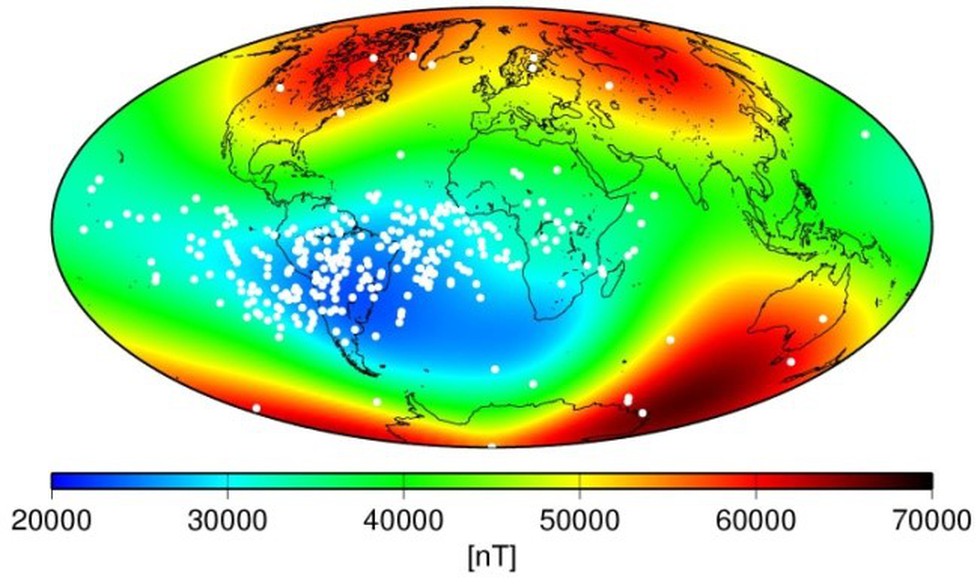
About South Atlantic Anomaly (SAA):
- It is a region at the Earth’s surface where the intensity of the magnetic field is particularly low.
- It stretches out between South America and southwest Africa.
- Why it occurs?
- Earth’s magnetic field acts like a protective shield around the planet, repelling and trapping charged particles from the Sun.
- SAA exists because the Earth's inner Van Allen radiation beltcomes closest to the planet’s surface, causing an increased flux of energetic particles.
- This leads to the penetration of solar energetic particles deep into Earth’s atmosphere, posing severe problems for airplanes and ships' positioning systems as well as spacecraft electronic systems.
What are the Van Allen radiation belts?
- The Van Allen radiation belt is a zone of energetic charged particles, most of which originate from the solar wind.
- The particles are captured by and held around a planet by that planet’s magnetic field.
- It surrounds Earth, containing a nearly impenetrable barrier that prevents the fastest, most energetic electrons from reaching Earth.
- The outer belt is made up of billions of high-energy particles that originate from the Sun and become trapped in Earth’s magnetic field, an area known as the magnetosphere.
- The inner belt results from interactions of cosmic rays with Earth’s atmosphere.
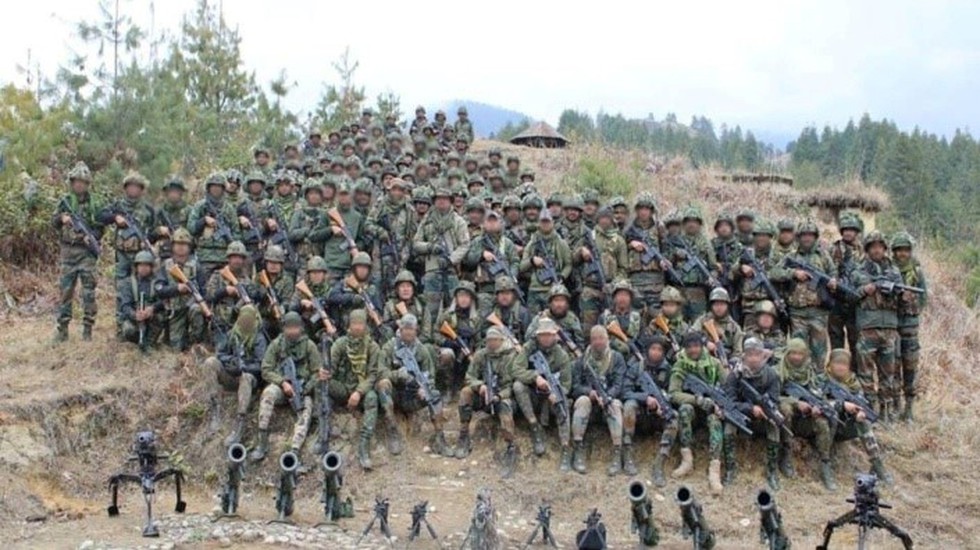
About Exercise Vayu Prahar:
- It is a multi-domain air-land exercise jointly conducted by the Indian Army and the Indian Air Force.
- The special forces also participated along with the Army and the Navy in the 96-hour exercise which was held in the eastern theatre.
- Objective: To validate joint plans to prosecute synergized multiple-domain operations.
- The scope of the exercise included the rapid mobilization of an earmarked Rapid Reaction Force from the hinterland to undertake air-landed operations in a nominated Advance Landing Ground.
- The air-landed force further executed contingency tasks as per a realistic exercise scenario in challenging high-altitude terrain conditions.
- The exercise enabled coordination and rehearsal amongst various agencies for quick mobilization, transportation, and deployment of forces within a theatre.
8. Sagar Manthan dashboard
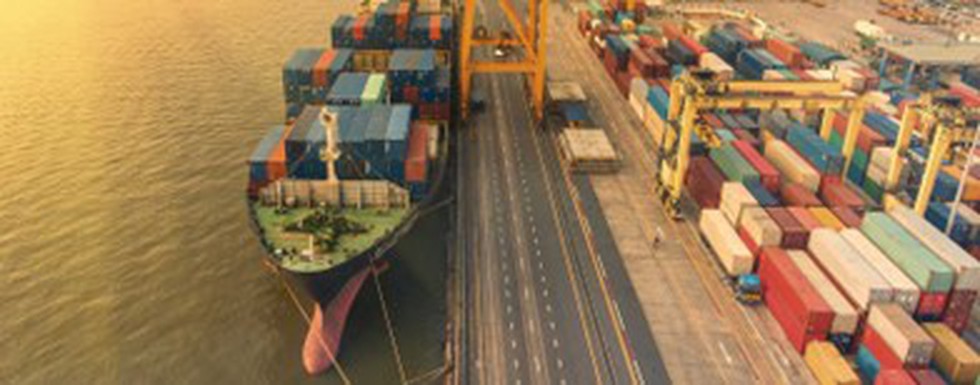
About Sagar Manthan dashboard:
- It is the real-time performance monitoring dashboard of MoPSW.
- It will have all the integrated data related to the ministry and other subsidiaries.
- The platform has been developed completely in-house under the guidance of the Secretary, MoPSW, in the span of fewer than 1.5 months.
- Features of the dashboard:
- Data visualization;
- Real-time monitoring;
- Improved communication;
- Data-driven decision-making;
- Increased accountability;
- It also promotes real-time project tracking, risk management, resource allocation, and progress reporting.
- The dashboard in the future would further be integrated with Input from the CCTV camera, Live streaming from Drones, and AI-based Algorithms.
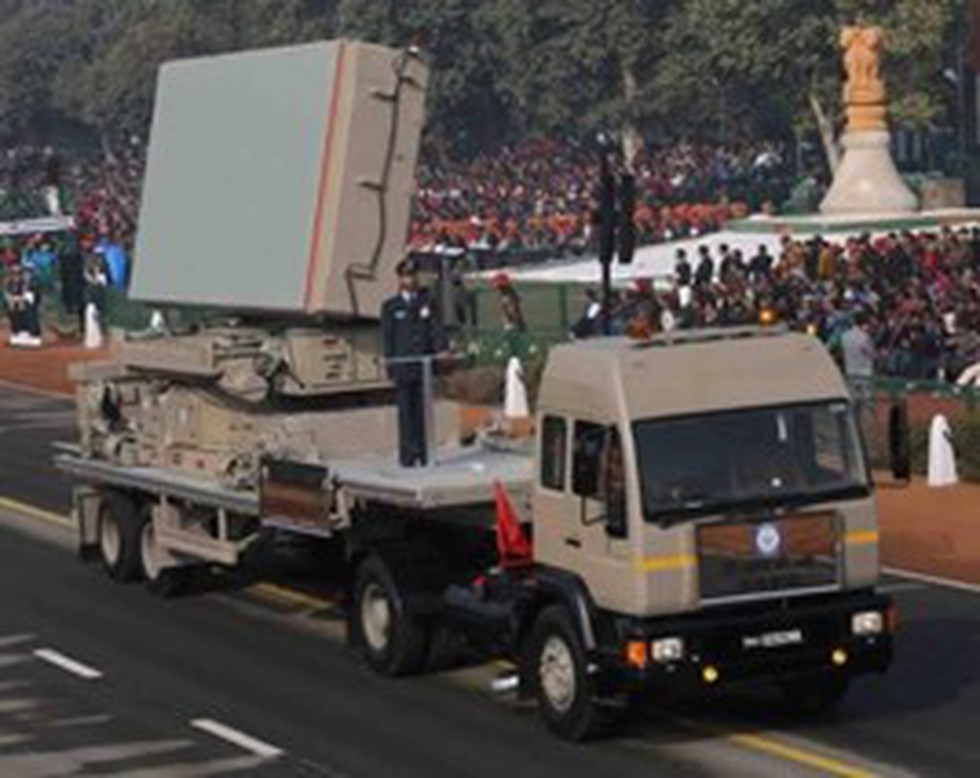
About Arudhra Radar:
- Arudhra is a Medium Power Radar (MPR) designed and developed by the Defence Research and Development Organisation (DRDO).
- It will be manufactured by BEL.
- Features:
- It is a 4D multi-function phased array radar with electronic steering in both azimuth (angular position from a reference direction) and elevation for surveillance, detection, and tracking of aerial targets.
- It features a rotating active phased array antenna with solid state transceiver modules operating in S-band (2-4GHz).
- The transceiver modules (TRM) are based on the antenna array itself, leading to high receiver sensitivity, enabling the radar to detect low observable targets at a long range.
- It can track a small fighter-sized target as far as 300km at an altitude between 100 meters to 30 km.
- Arudhra is fully programmable from the local Operator Work Station and from the remote Operator Work Station Unit.
- Arudhra being a 4D radar, can determine the range (straight distance from radar), azimuth (angular position from a reference direction), altitude (distance from the ground), as well as velocity vector (representation of the direction of motion) of a target.
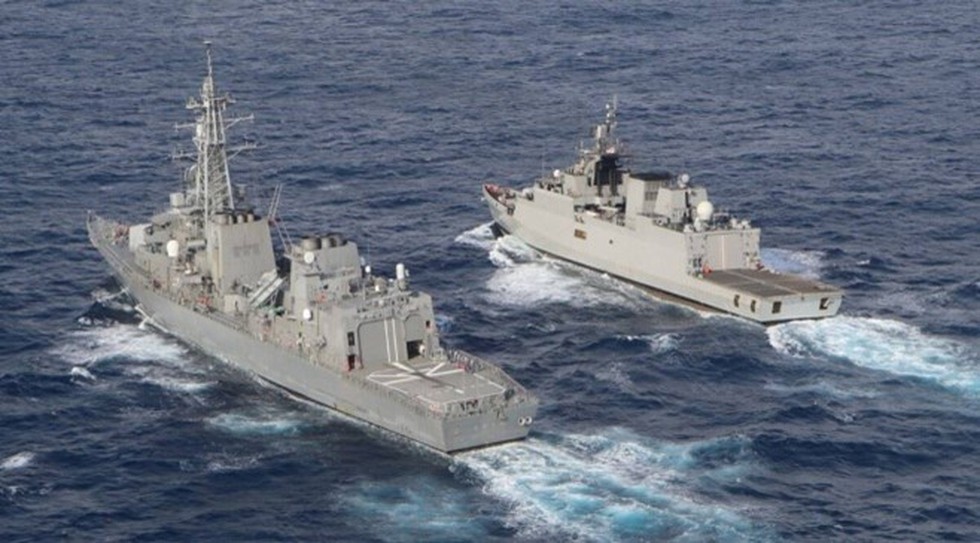
About Exercise Konkan 2023:
- Konkan exercise is the annual bilateral maritime exercise between the Indian Navy and the UK’s Royal Navy.
- INS Trishul, a guided missile frigate, and HMS Lancaster, a Type 23 guided missile frigate, participated in this edition.
- They undertook multiple maritime drills to enhance interoperability between the two forces and imbibe best practices.
- The exercises covered all domains of maritime operations, air, surface, and sub-surface.
- It included gunnery shoots on the surface inflatable target ‘Killer Tomato’, helicopter operations, anti-air, and anti-submarine warfare drills, Visit Board Search and Seizure (VBSS), ship maneuvers, and exchange of personnel.
- The exercise will help the Indian Navy and Royal Navy work together to improve maritime security and maintain a rules-based order in the region.





























































































































































.png)
.png)
.png)
.png)
.png)


.png)
.png)
.png)





.png)
.png)






.png)
.png)
.png)
.png)
.png)
.png)
.png)
.png)
.png)

.png)







.png)
.png)


.png)
.png)
.png)


.png)

.png)
.png)





.jpg)

.png)
.png)


.png)

.png)
.png)
.png)

.jpg)

.jpg)


.png)

.png)
.png)
.png)
.png)
.png)
.png)
.png)
.png)
.png)
.png)




.png)

.png)





.png)
.png)
.png)
.png)
.png)
.png)
.png)
.png)
.png)
.png)
.jpg)
.jpg)

.png)
.png)
.png)
.png)
.png)
.png)
.png)
.png)
.png)
.png)
.png)
.png)
.png)
.png)
.png)
.png)
.png)
.png)
.png)
.png)
.png)
.png)



.png)
.png)

.jpg)
.jpg)


.jpg)
.jpg)
.jpg)
.jpg)
.jpg)

.jpg)








.jpg)
.jpg)
.jpg)
.jpg)
.jpg)














.jpg)
.jpg)







.jpg)


















.jpg)
.jpg)






























































































.jpg)
.jpg)


























.jpg)

.jpg)










.jpg)








.jpg)




.jpg)










.jpg)


















.jpg)












































.jpg)














.jpg)
.jpg)
.jpg)





.jpg)

.jpg)
.jpg)





































































.jpg)


































.jpg)
.jpg)
















































.jpg)












.jpg)


.jpg)




.jpg)
.jpg)
.jpg)

.jpg)
.jpg)
.jpg)
.jpg)

.jpg)
.jpg)
.jpg)

.jpg)
.jpg)
.jpg)
.jpg)
.jpg)
.jpg)
.jpg)
.jpg)

.jpg)


.jpg)
.jpg)
.jpg)
.jpg)
.jpg)
.jpg)
.jpg)
.jpg)
.jpg)
.jpg)











.jpg)
.jpg)





.jpg)
.jpg)
.jpg)
























.jpg)
























.jpg)









.jpg)
.jpg)







.jpg)
.jpg)









































.jpg)
.jpg)
.jpg)
.jpg)
.jpg)

.jpg)
.jpg)
.jpg)
.jpg)
.jpg)


.jpg)
.jpg)
.jpg)
.jpg)
.jpg)

.jpg)
.jpg)
.jpg)
.jpg)
.jpg)
.jpg)
.jpg)
.jpg)
.jpg)
.jpg)
.png)

.png)
.png)

.png)
.png)
.png)
.png)


.jpg)
.jpg)

.jpg)
.jpg)
.jpg)

.png)
.png)
.png)
.png)
.png)
.png)
.png)

.png)
.png)
.png)
.png)
.png)
.png)
.png)
.png)
.png)
.png)





































































-min.png)



.png)




.png)








































